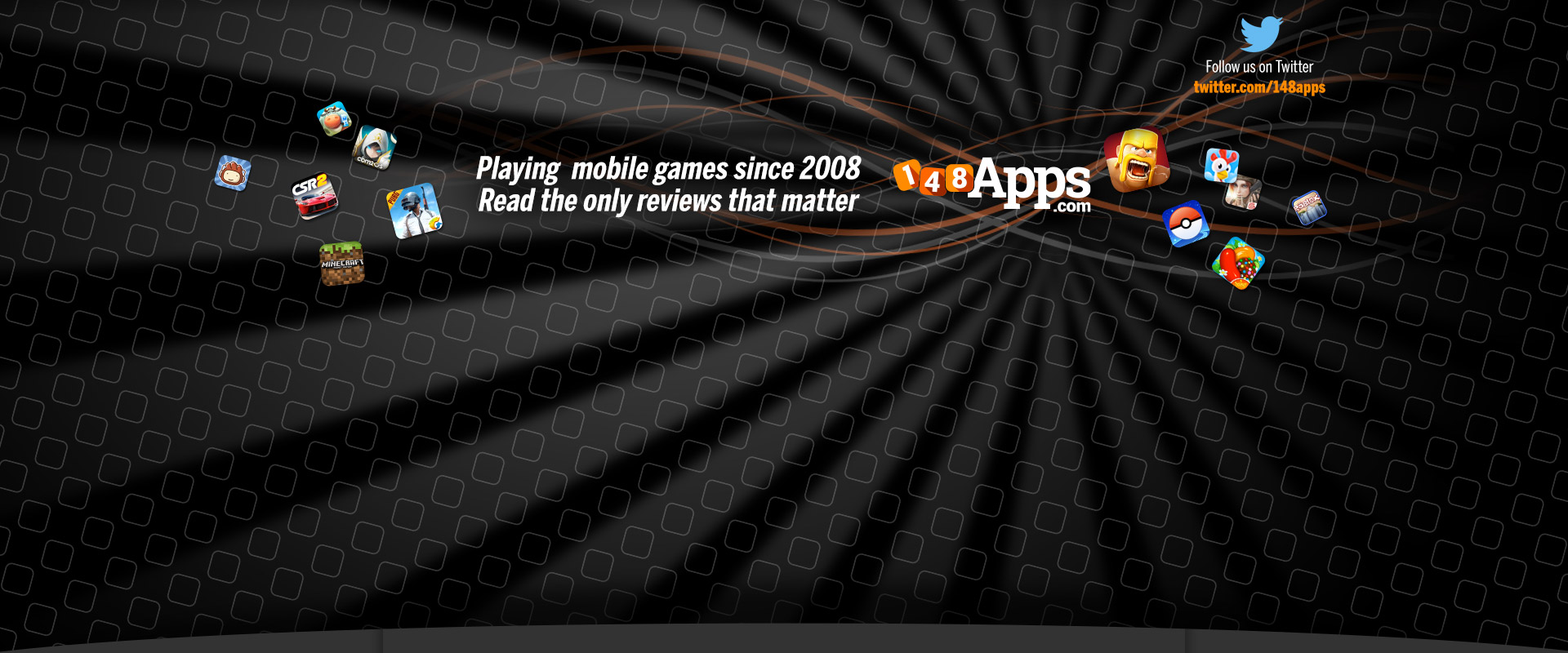Top Mobile Game Discounts

Every day, we pick out a curated list of the best mobile discounts on the App Store and post them here. This list won't be comprehensive, but it every game on it is recommended. Feel free to check out the coverage we did on them in the links below to further vet these discounted games before you decide to buy:
Games marked with an asterisk(*) denote that the entire developer/publisher’s catalog is discounted, despite the fact that all of their games may not be listed here.




 Game Center: namestolen
Game Center: namestolen



